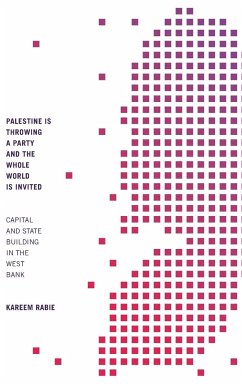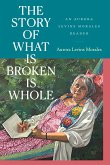In 2008, Palestinian Prime Minister Salam Fayyad invited international investors to the first-ever Palestine Investment Conference, which was designed to jump-start the process of integrating Palestine into the global economy. As Fayyad described the conference, Palestine is "throwing a party, and the whole world is invited." In this book Kareem Rabie examines how the conference and Fayyad's rhetoric represented a wider shift in economic and political practice in ways that oriented state-scale Palestinian politics toward neoliberal globalization rather than a diplomatic two-state solution. Rabie demonstrates that private firms, international aid organizations, and the Palestinian government in the West Bank focused on large-scale private housing development in an effort toward state-scale economic stability and market building. This approach reflected the belief that a thriving private economy would lead to a free and functioning Palestinian state. Yet, as Rabie contends, these investment-based policies have maintained the status quo of occupation and Palestine's subordinate and suspended political and economic relationship with Israel.
Hinweis: Dieser Artikel kann nur an eine deutsche Lieferadresse ausgeliefert werden.
Hinweis: Dieser Artikel kann nur an eine deutsche Lieferadresse ausgeliefert werden.








